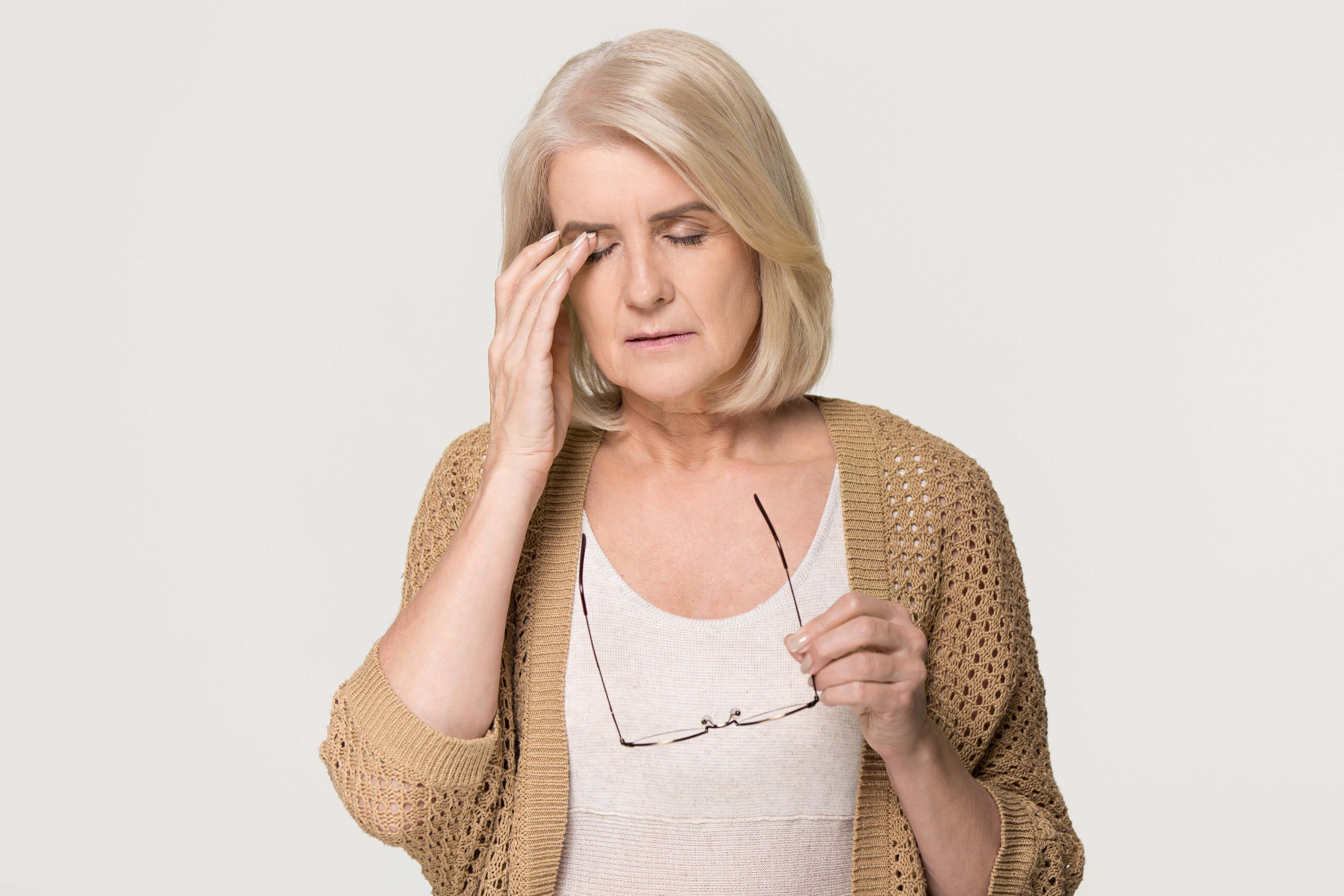Why does eyesight get worse as we get older?
Common age-related problems include presbyopia, cataracts and age-related macular degeneration.

Your support helps us to tell the story
From reproductive rights to climate change to Big Tech, The Independent is on the ground when the story is developing. Whether it's investigating the financials of Elon Musk's pro-Trump PAC or producing our latest documentary, 'The A Word', which shines a light on the American women fighting for reproductive rights, we know how important it is to parse out the facts from the messaging.
At such a critical moment in US history, we need reporters on the ground. Your donation allows us to keep sending journalists to speak to both sides of the story.
The Independent is trusted by Americans across the entire political spectrum. And unlike many other quality news outlets, we choose not to lock Americans out of our reporting and analysis with paywalls. We believe quality journalism should be available to everyone, paid for by those who can afford it.
Your support makes all the difference.As we get older, it’s common to experience a gradual decline in eyesight, with conditions like cataracts becoming more prevalent among our peers.
Understanding the reasons behind these changes and learning how to manage them is crucial for maintaining healthy vision throughout life.
We’ve consulted with several optometrists who have shared some insights into the science of age-related vision changes…
What age does our eyesight peak?
“Eyesight typically reaches an adult level of vision in a person’s late teens when the eyes are fully developed, and the focusing system is most efficient,” says Daniel Hardiman-McCartney MBE, optometrist and clinical adviser at The College of Optometrists.
“If you need glasses for short-sightedness (myopia), this typically stabilises in the late teens to early 20s.”
What factors influence our eyesight as we age?
“Many different factors can influence when our eyesight deteriorates, but after the milestone age of 40 it may become harder for some people to focus on objects and some visual blurring may begin,” recognises Francesca Marchetti, optometrist and co-author of a new ‘Seeing Sense’ report by MacuShield.
As we age, natural biological changes occur which can impact our vision.
“Ageing eyes experience reduced elasticity of the lens inside the eye (causing presbyopia), less pupil responsiveness (impacting night vision), and changes in retinal cells, making them less sensitive in low-light conditions, such as when driving at night,” explains Hardiman-McCartney.
What eye conditions are common in older people?
“Common conditions in older people include presbyopia (difficulty focusing on near tasks), cataracts (clouding of the lens), glaucoma (damage to the optic nerve), and age-related macular degeneration, a reduction of central vision,” lists Hardiman-McCartney. “Early detection through regular eye tests helps manage these effectively.”
Can lots of screen time over time affect our sight?
“Screen time can lead to digital eyestrain as we don’t blink as frequently when we’re looking at a screen and it puts an extra burden on the muscles that help the eyes to focus,” notes Mark Shelton, optometrist at Bayfields Opticians and Audiologists. “This can lead to dry eyes, blurred vision and can affect our vision in the longer term as it gives you less opportunity to engage in activities that support a healthy lifestyle and good eye health.”
So, try to set aside time each day to step away from your screens and spend some time outdoors.
“Spending time outdoors allows us to use our eyes at varying distances, unlike when we’re using screens, and natural light is important, helping our bodies to produce vitamin D and supporting our circadian rhythm and sleep pattern,” explains Shelton.
Do any lifestyle factors affect our vision?
Smoking cigarettes can have a detrimental impact on our eyesight.
“Smoking is one of the leading preventable causes of vision loss and blindness,” highlights Hardiman-McCartney. “It increases your risk of developing cataracts, macular degeneration and dry eye syndrome, while also exacerbating conditions like diabetic retinopathy and glaucoma.”
What we eat can also make a difference.
“Maintaining a healthy diet, including plenty of fruits, vegetables, and dark leafy greens, benefits both overall health and eye health,” says Hardiman-McCartney. “A balanced diet helps manage weight and control blood pressure, reducing the risk of stroke or eye conditions caused by blood vessel damage.”
Staying hydrated is equally important.
“Hydration is also critical for good eyesight (as well as overall health) but there’s still a long way to go in encouraging Brits to drink adequate amounts of water,” says Marchetti. “Females who are 14 years and older should aim to drink two litres of water a day and males should aim for two and-a-half litres.”
Plus, remember protect your eyes from UV light damage by wearing sunglasses.
“Exposure to UV light can increase in the speed at which the eye ages, which is why using sunglasses is a good idea, both in the summer and for winter and water sports,” notes Hardiman-McCartney.
What should people do if they notice a significant deterioration in their eyesight?
“Make sure you get your eyes examined as often as advised. For most adults, this is every two years, but some people may need to be checked more frequently,” says Marchetti. “If you notice any changes in your vision in the meantime, go back and get your eyes checked again.
“Problems with vision can indicate other health problems, so it’s important to seek help as soon as you notice a change or a problem with your eyes.”